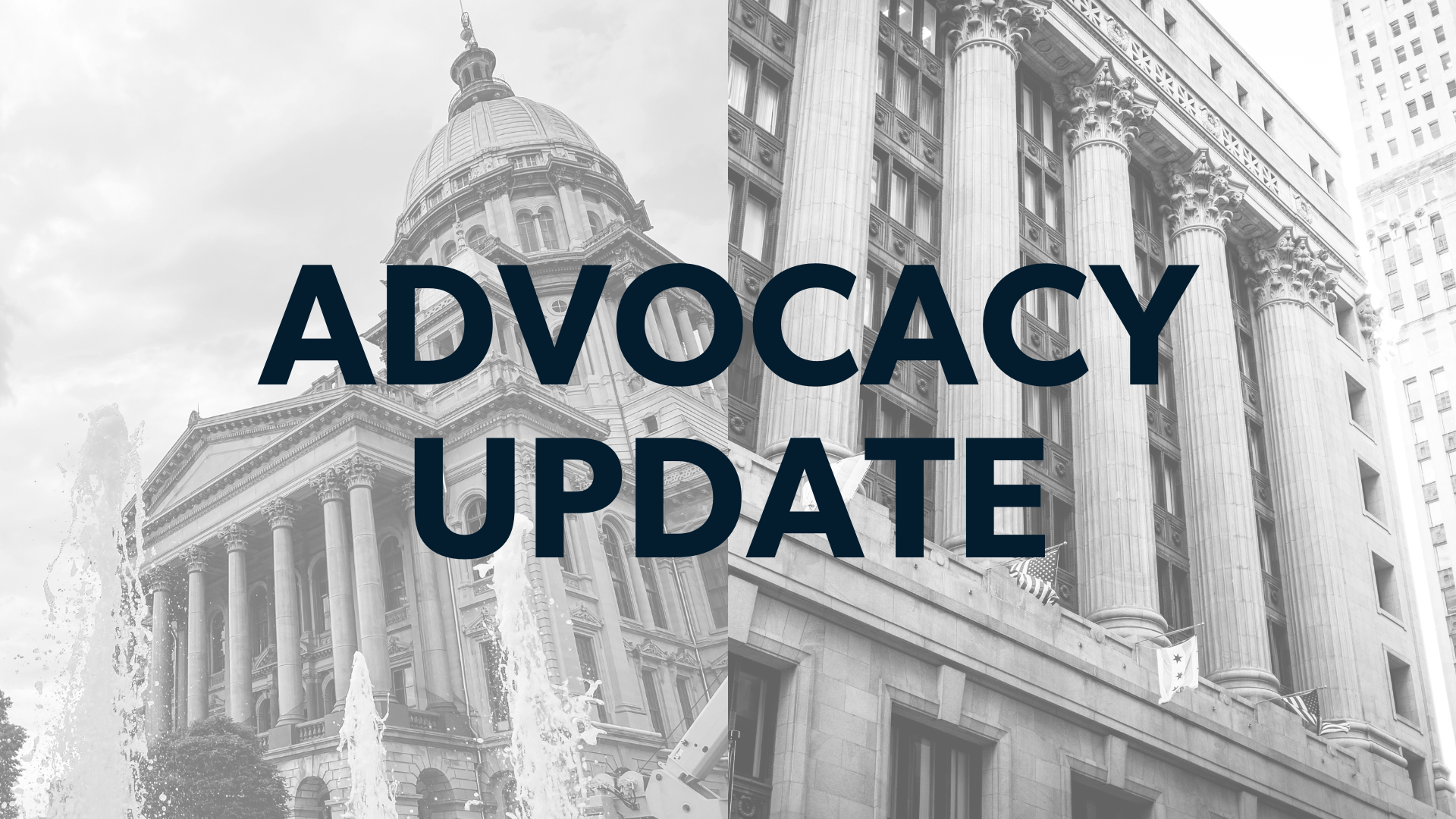Affordable Requirements Ordinance Update
The City has commissioned an Affordable Requirements Ordinance (ARO) Task Force, to recommend changes and updates to the current ARO. Their recommendations, due by June, are expected to modify the current ARO to increase the in-lieu fee and possibly increase on-site minimums. While the City did not place REALTORS® on the ARO Task Force, the City has offered a Focus Group to hear industry concerns. Our REALTOR® Focus Group includes the voices of many past presidents as well as members who have experience with the ARO. We welcome your comments and concerns – please e-mail Kris Anderson with the subject line ARO Focus Group and include two to three paragraphs on how the ARO has made deals difficult or killed them altogether.
Learn more about the Affordable Requirements Ordinance via our Issue Summary.
New Smoke Detector Ordinance Introduced
The fight over hard-wired smoke detectors versus battery-operated smoke detectors may be coming back for round two. The Mayor’s floor leader is promoting an ordinance, which has yet to be formally introduced, that seeks to retrofit all buildings for hard-wired smoke detectors. Our position is that battery-operated smoke detectors are just as effective as hard-wired ones, as REALTORS® are against unnecessary mandates that increase the cost of transactions or are passed on to renters. We will keep you informed as this issue evolves.
Accessory Dwelling Units Move Forward
The administration is seeking to legalize Accessory Dwelling Units (ADUs), which include basements, granny flats, coach houses and even attics. Early discussions would allow units to be built that are up to 750 square feet in size. We’re complimentary of the administration’s efforts, as we see this as a win for affordable housing and a boom for building materials, construction trades and landlords. REALTOR® member Marty Cerny has been an advocate for this for years. To learn more about his plan, visit, www.housingplus.org. Once an ordinance is introduced, your Government Affairs team will be quick to analyze and advocate on behalf of the industry.
Possible Tenant Protections Under Discussion
A series of tenant protections are being discussed by the current administration – and we’ve made our stance clear: tenants in Chicago have plenty of protections. While the exact details are still being ironed out, proposals on the table include:
- allowing tenants with month to month leases more than 30 days to vacate a property
- providing relocation fees from landlords to tenants who are asked to leave
- allowing tenant unions
- allowing tenants the right of first refusal when a building is up for sale
- a City of Chicago version of the Just Housing Ordinance.
All of these proposals will make transactions more expensive and lengthy, lessen the incentives of being a landlord and possibly result in a sell-off of buildings. We’ve made our stance clear, and we will continue to advocate on your behalf.
Just Housing Amendment Implementation Continues
In Cook County, the rollout of the Just Housing Amendment continues – and we’ve even had conversations with providers who have not heard of it! If you are a landlord or housing provider in Cook County, you must comply with the law, which now includes the two-step screening process: first, the financials, employment, etc., and then second, the criminal background check. This separation of the criminal background check is key for processing residential lease applications. Access several resources here – we encourage you to use these to better understand the Just Housing Amendment and ensure this new law is incorporated into your residential lease transactions. Learn more about JHA via our Issue Summary.
Rent Control Re-emerges in Springfield
In Springfield, the legislative session has officially started as anticipated, with a reactivation of the rent control bill. Interestingly, Mayor Lightfoot indicated earlier this month she is not interested in rent control policy. The momentum of this issue may have been slightly stalled, but conversations in Springfield continue. Although a public hearing regarding rent control was canceled, this issue is very much alive. We continue to keep a close eye on this issue and will keep you abreast of any further developments. Learn more about rent control in our Issue Summary.
Commercial Property Assessments Update
Another Springfield issue relates to commercial property assessments. State Bill 1379 has been reactivated with various modifications, including the reduction of penalties for owners that do not submit the data. But, we believe these amendments miss the mark. We believe property assessments should be based on property characteristics, not on income streams which may not be understood or properly analyzed by the assessor. Therefore, REALTORS® oppose the additional reporting requirements regarding the income and expense data of individual properties. Learn more, via our Issue Summary.
Transfer Tax Increases Proposed
Transfer taxes are a familiar topic, having defeated an increase last year. Legislation has been introduced in both the Illinois House and Senate that would allow Chicago to increase the transfer tax on properties over $1 million. Here is the proposed breakdown:
- Increase of $5.50 per $1,000 for properties up to $500,000
- Increase of $9.50 per $1,000 for properties $500,000- 1 million
- Increase of $15.00 per $1,000 for properties over $1 million-$3 million
- Increase of $28.00 per $1,000 for properties over $3 million – $10 million
- And an increase of $40.00 per $1,000 for properties over $10 million
As proposed, 25% of the revenues generated from the increased transfer tax would go to combat homelessness efforts, with the remaining funds going to general revenues and budget obligations. We believe reform should be the focal point, not additional fees and taxes. With any proposed increase in taxes, there is typically a voter referendum to allow voters to have a voice in matters that will impact their finances. We will keep you apprised of any developments or if the transfer tax increase makes it to a referendum. Learn more, in our Issue Summary.
Guidance Released Regarding Assistance Animals
On the national level, the US Department of Housing and Urban Development (HUD) recently released a set of guidelines to assess a person’s request for an animal as a reasonable accommodation under the Fair Housing Act. As requests for reasonable accommodations for assistance animals continue to significantly increase, 60 percent of Fair Housing complaints concern the denial of reasonable accommodation and disability access.
This set of guidelines is long-awaited, as the issue of assistance animals has plagued many industries beyond real estate – you may recall news coverage of emotional support peacocks or squirrels on airplanes. While the need for emotional support animals is real and important to ensure individuals with a need are protected, there are stories of people abusing the accommodation by avoiding rules or fees associated with having a pet. This latest guidance from HUD is meant to help housing providers when they are asked to waive requirements for an emotional support animal. Check out the guidance document here.
Upcoming Opportunities For Your Involvement!
It’s important for elected officials to hear directly from you about the issues that affect your business. One way to get government attention is to show up for the Capitol Conference and show the “Power of R” in Springfield. All you need to do is hop on the bus and wear comfortable shoes. If you have questions about the Capitol Conference, join us at the next Coffee with the GADs. We’ll have donuts, coffee and direct insights from our lobbying team.
Advocacy questions or concerns? Contact Kristopher J. Anderson or Adriann Murawski.







